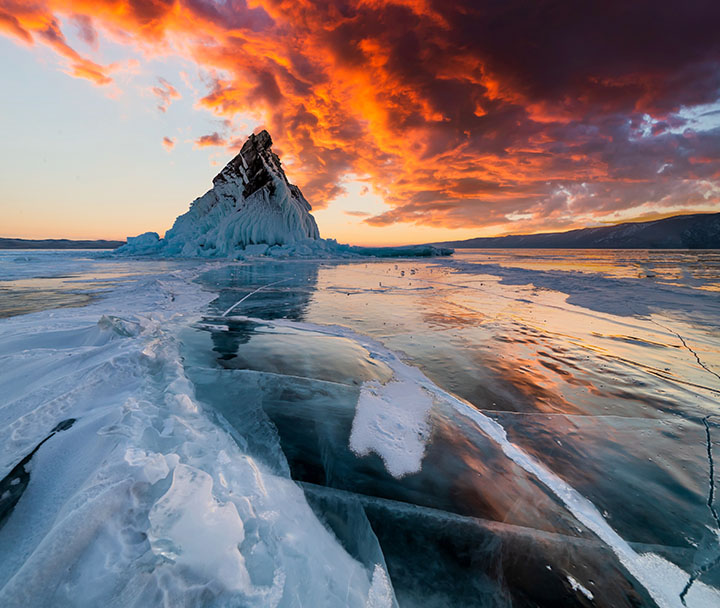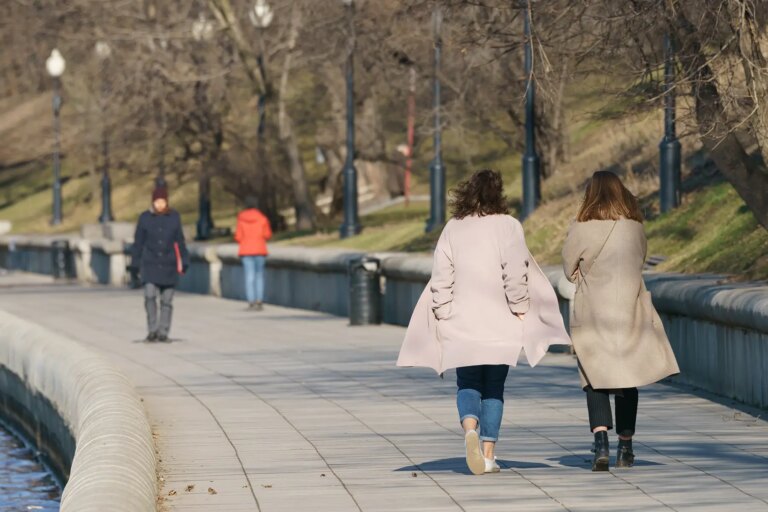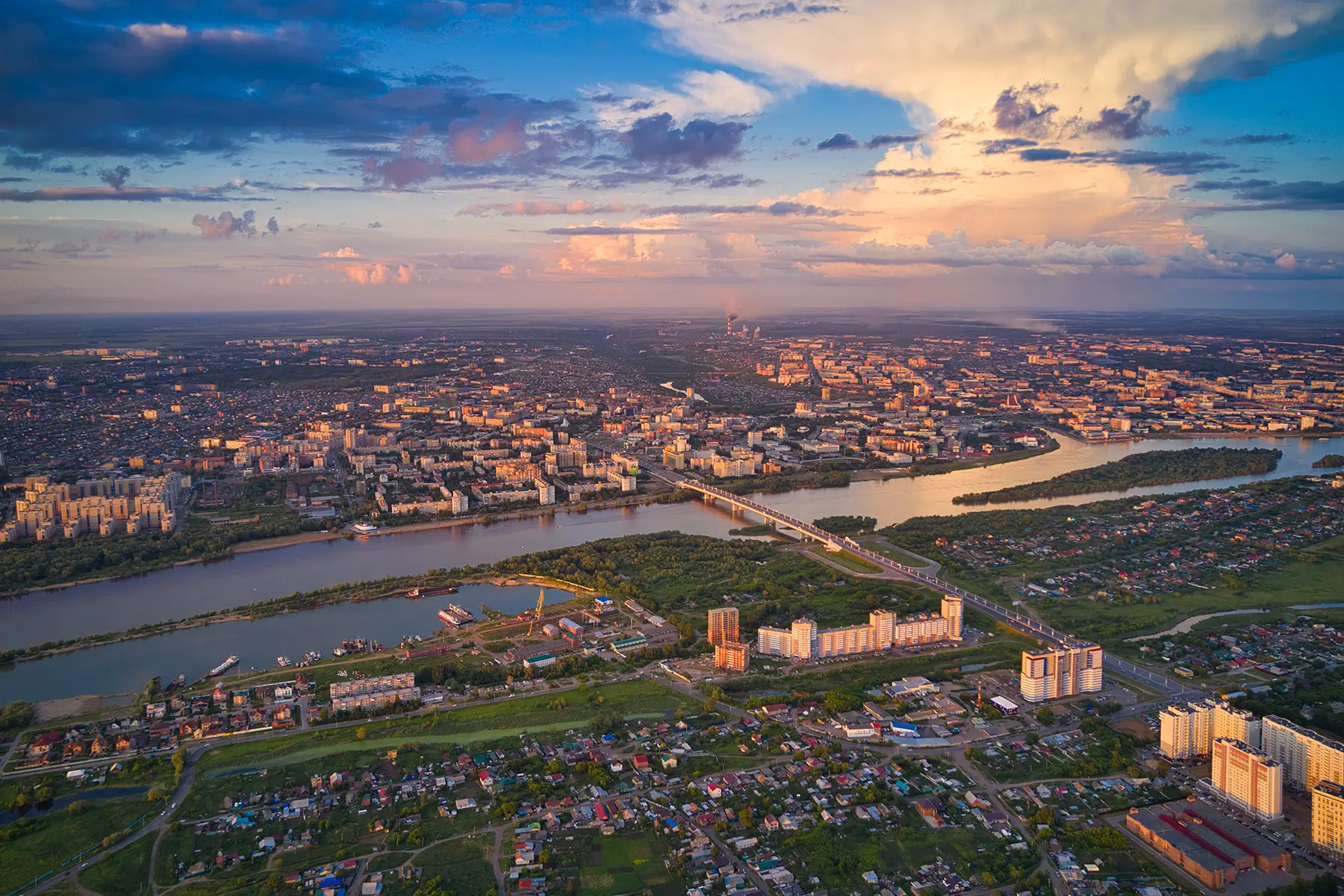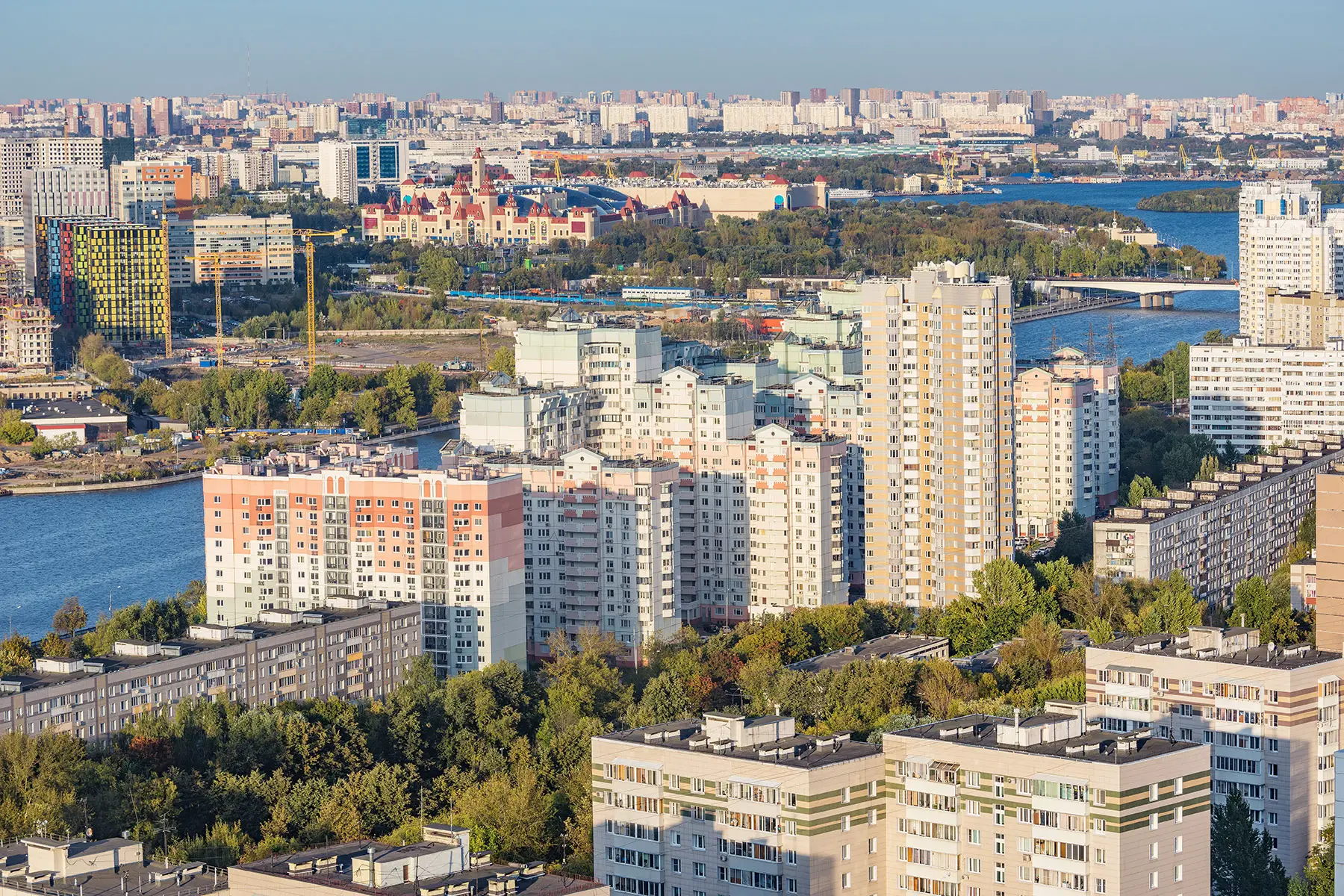The land of tsars, a stifling history, and breathtaking nature
Expatica Russia
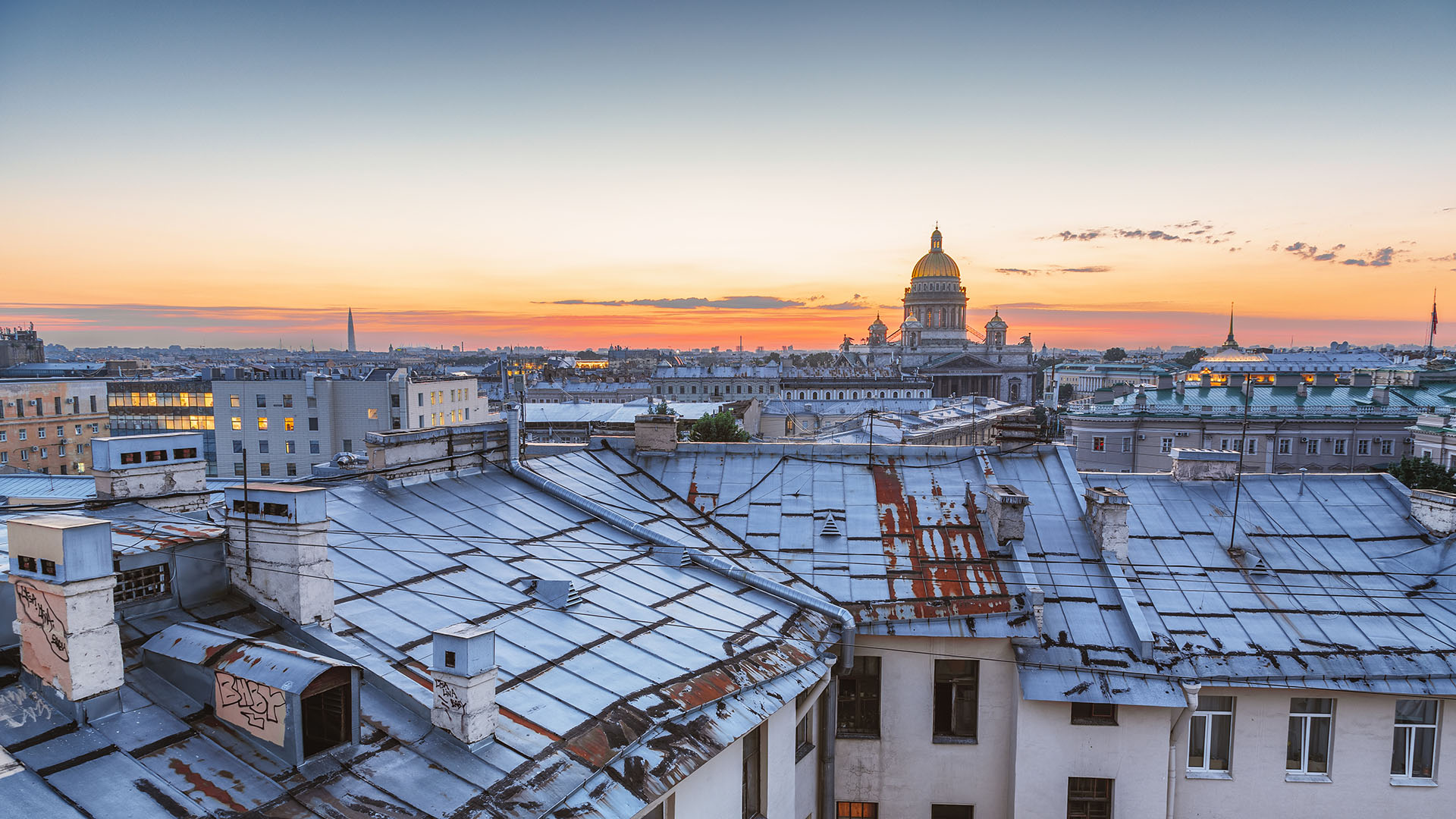
Explore
Editor's picks
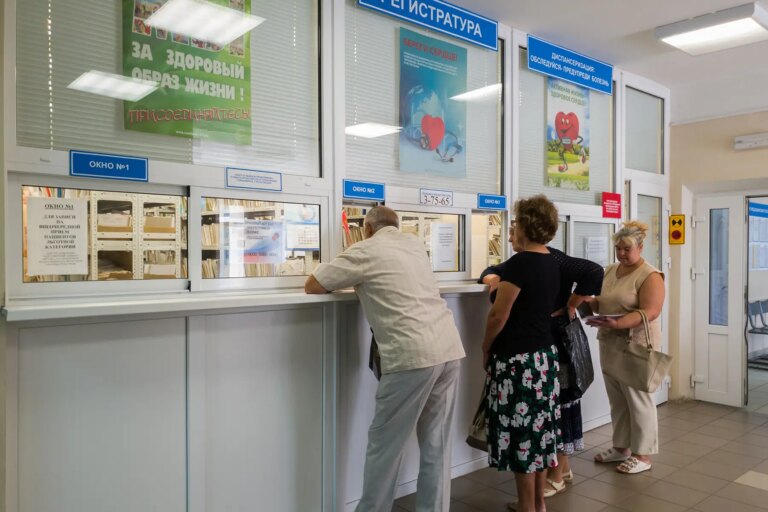
The healthcare system in Russia
Discover how the Russian healthcare system works and how to find a pharmacy, doctor, or hospital in the country.
Read More
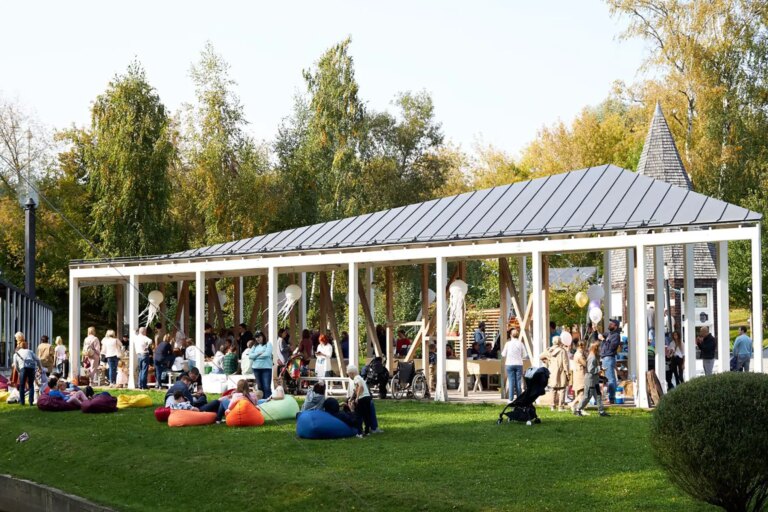
International schools in Russia
Explore the different types of international schools in Russia as well as the various curricula on offer and the enrollment process for expat parents.
Read More

Dating in Russia: finding love as an expat
Think Russian dating is all romance and Red Square strolls? This article reveals why “situationships” are myths and parents come first.
Read More
